Table of Contents
Year Title: The Breakup Blueprint: How to Let Go, Heal, and Move On
Chapter Title: No Contact Isn’t a Game – It’s a Healing Strategy
Sub-chapter Theme: Digital Hygiene & Tech Armor
Category: Digital Hygiene
Publish Date: 2025-09-14 21:30:00
Breakups are brutal enough without your phone joining the sabotage. You open Instagram just to zone out, and suddenly—boom—your ex’s face, their new friends, or that restaurant you went to together. Algorithms don’t care that your heart is raw; they just serve up what they think will keep you scrolling. And for queer folks, this pain often doubles. Not only are you navigating the loss of someone you loved, but you’re also bumping into a digital landscape that doesn’t always reflect your identity, your joy, or your community.
That’s where queer digital hygiene comes in.
What if your feed could start healing you?
Imagine if, in just seven days, you could shift your feed from a minefield into a soft place to land. Not by pretending the breakup didn’t happen, but by:
- Removing the triggers
- Practicing digital hygiene
- Armoring your online space with affirming content

Problem A: Breakup triggers hiding in your feed
When you’re hurting, your phone can feel like an ambush. Every tagged photo, every mutual friend’s story, every algorithmic “memory” is another reminder.
Exposure to unwanted cues fuels distress—it’s like ripping off a scab again and again.
The healing move here isn’t to “tough it out.” It’s to deliberately mute, unfollow, or restrict anything tied to your ex. That’s not pettiness; it’s digital hygiene.
One study found that people who removed distressing content from their feeds reported higher satisfaction and less self-criticism in just a week. Translation: giving yourself space from digital wounds actually rewires your daily mood.

No Contact Isn’t a Game – It’s a Healing Strategy
Let’s examine the No Contact strategy in: Science & Psychology, Planning it, Digital Hygiene, Relapses-Cravings & Crashes, Special Cases & Exceptions… and Signs that it’s working +What comes next.
Tap here to read more →Problem B: An empty feed can feel lonely
Here’s the trap—once you start muting or unfollowing, your feed might feel eerily blank. And emptiness can be its own kind of ache.
That’s why the next step isn’t just subtraction—it’s replacement.
- Follow LGBTQ+ creators
- Add queer joy pages
- Subscribe to coping-story sharers
Research backs this up: people exposed to resilience stories online reported less stress, less depression, and more positive engagement.
This “Papageno effect” is like digital community care—it reminds you that you’re not alone, and that queer survival is threaded with joy, humor, and tenderness.

Problem C: Can 7 days really make a difference?
It sounds too quick, right? But evidence says otherwise.
- A one-week break from social media reduced anxiety and depression in adults.
- Even small interventions—like cleaning up your feed or cutting screen time—boosted mood and well-being within days.
Seven days is long enough for your algorithm to catch new signals. More importantly, it’s enough time for your nervous system to feel the difference between constant re-injury and daily doses of affirmation.
Final Word: Queer Digital Hygiene as Healing
Rebuilding your feed is not about pretending your ex never existed. It’s about remembering that your digital world should serve you, not wound you.
Curating your space—day by day, trigger by trigger, follow by follow—is a quiet act of resistance and renewal.
And while healing is never linear, sometimes all it takes is a week of intentional choices to remind yourself that you deserve a feed, and a life, that reflects your wholeness. Practicing queer digital hygiene ensures your online world supports your healing, not your heartbreak.
FAQ
Q1. How can queer folks practice digital hygiene after a breakup?
Digital hygiene means curating your online space so it supports healing instead of harming you. For queer folks, this can include muting or unfollowing your ex, clearing saved memories, and following affirming queer creators who bring positivity and resilience to your feed.
Q2. Can rebuilding my feed in just 7 days really improve my mental health?
Yes. Research shows that even a one-week break or content shift can reduce anxiety and depression. Within seven days, your algorithm adapts, and you’ll start noticing a calmer, more affirming digital environment.
Q3. What kind of affirming content should I add to my feed?
Look for LGBTQ+ creators, queer joy pages, and accounts that share coping stories. Exposure to positive narratives has been shown to lower stress and foster resilience, making your feed a source of encouragement instead of triggers.
Q4. Why is queer digital hygiene important during no-contact?
No-contact helps create emotional space, but without digital hygiene, triggers can still surface through your feed. Practicing queer digital hygiene ensures your online life aligns with your healing process, protecting you from painful reminders while reinforcing affirming voices.
Scientific Sources
-
Seekis, Veya et al. (Griffith University) (2024): Key to wellbeing: How to detox from corrosive effects of social media
Key Finding: Three detox strategies—break, time limit, feed cleanse—all improved well-being. Feed cleansing improved appearance satisfaction most, time-limiting improved overall well-being.
Why Relevant: Demonstrates that removing harmful content from feeds mirrors the process queer folks can use to rebuild affirming digital spaces.
https://www.couriermail.com.au/news/queensland/longer-young-women-deactivate-from-insta-tiktok-the-better-their-wellbeing-griffith-university-study/news-story/ceedecc39ee415388fa282746d900000 -
Lambert, Jeff et al. (University of Bath) (2022): Social media break improves mental health, study suggests
Key Finding: One-week break from social media led to significant reductions in depression and anxiety, and improvements in well-being.
Why Relevant: Validates the blog’s 7-day plan, showing even short interventions create measurable positive shifts.
https://www.sciencedaily.com/releases/2022/05/220505213404.htm -
Yuan, Yunhao; Saha, Koustuv; Keller, Barbara; Isometsä, Erkki Tapio; Aledavood, Talayeh (2023): Mental Health Coping Stories on Social Media: A Causal-Inference Study of Papageno Effect
Key Finding: Exposure to coping stories online led to decreased stress and depression, and increased positive engagement.
Why Relevant: Supports the idea that filling feeds with affirming queer content can actively foster resilience and healing.
https://arxiv.org/abs/2302.09885
- Work-Related Contact After Breakup: Neutral Templates for Stress-Free Replies
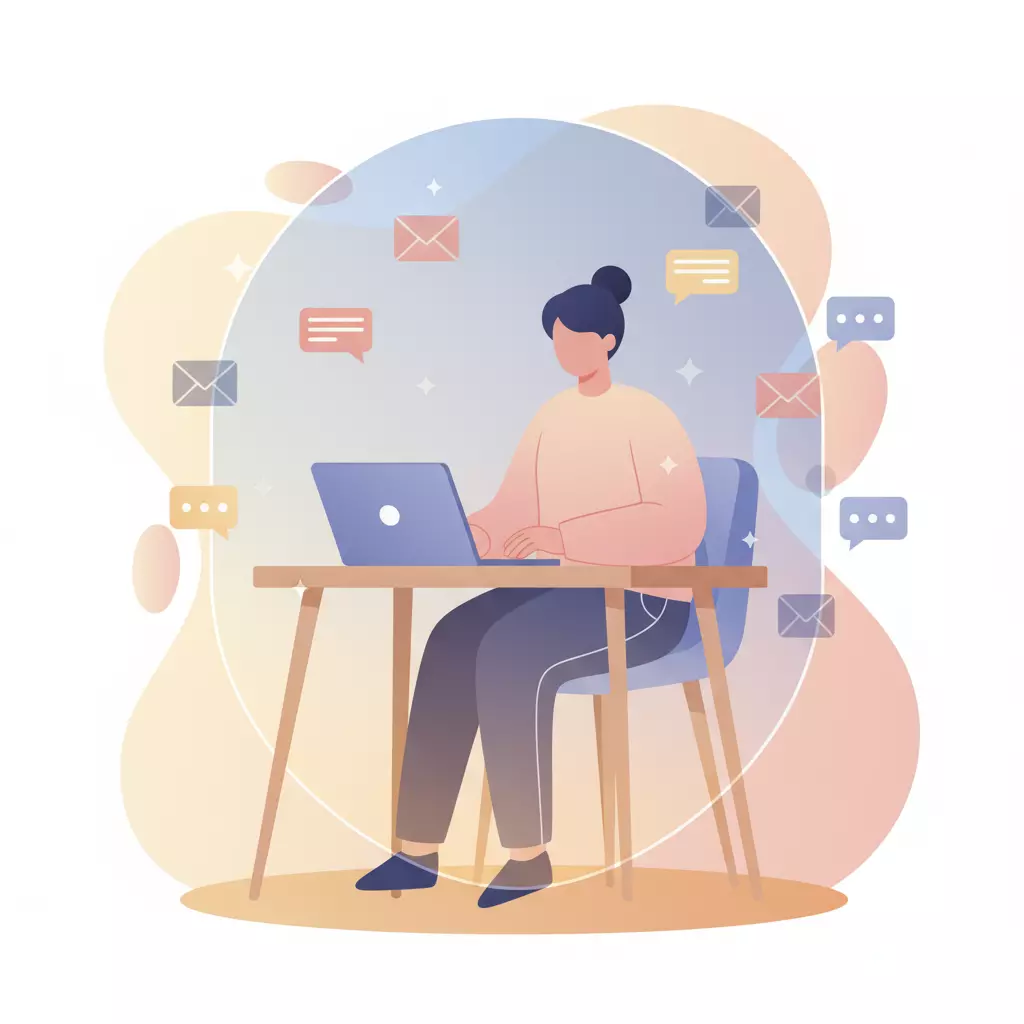
- Email and Calendar Filters for Breakups: Smart Digital Hygiene That Protects Your Healing
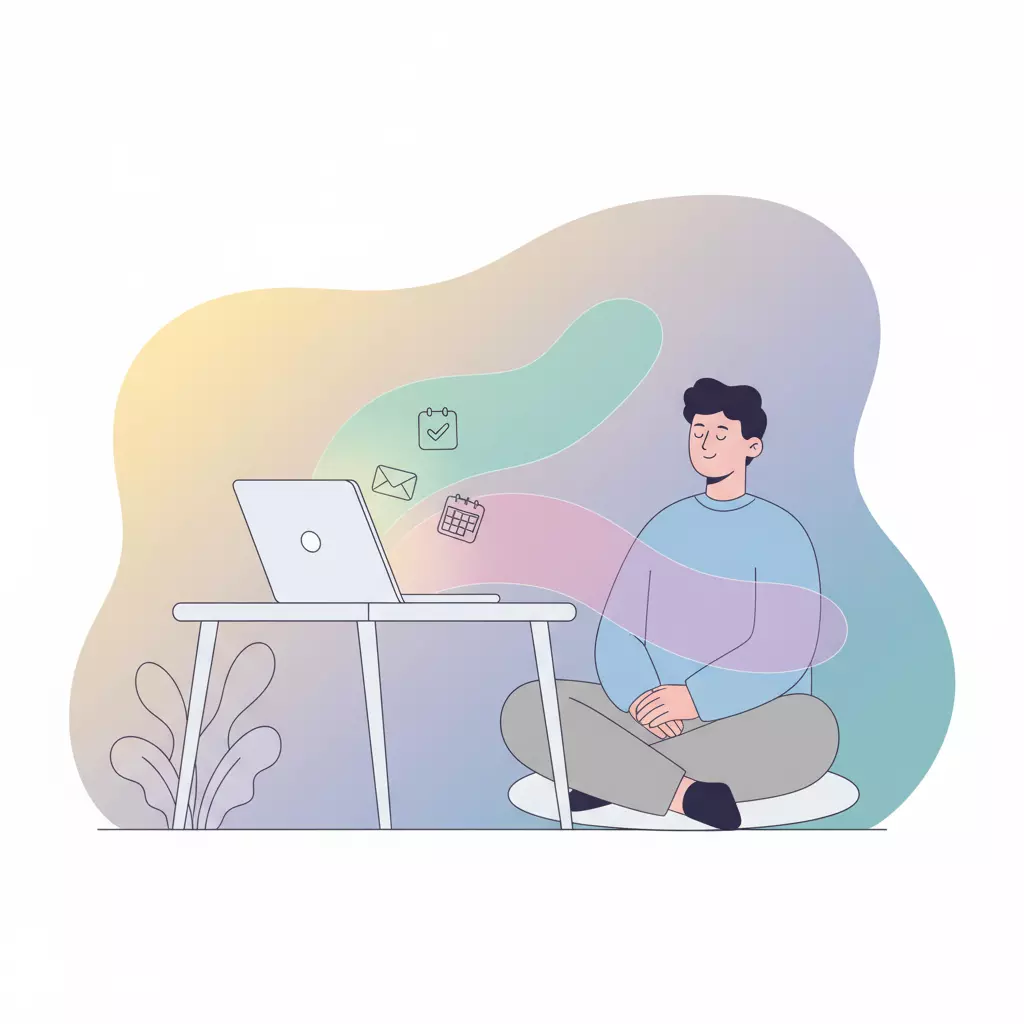
- Digital Hygiene After Breakup: Block, Mute, Restrict — A Healing Decision Tree That Works
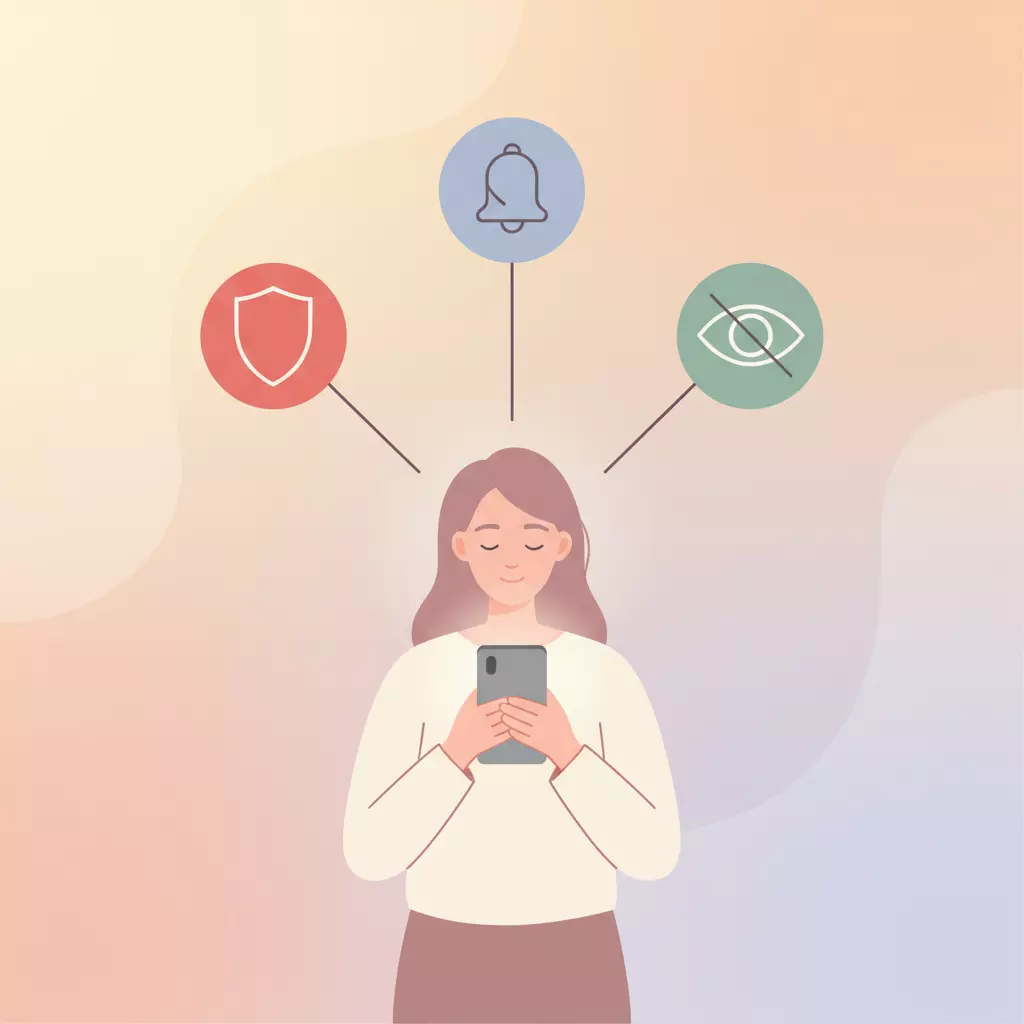
- Queer Digital Hygiene: Rebuild Your Feed From Triggers to Affirming Content in 7 Days
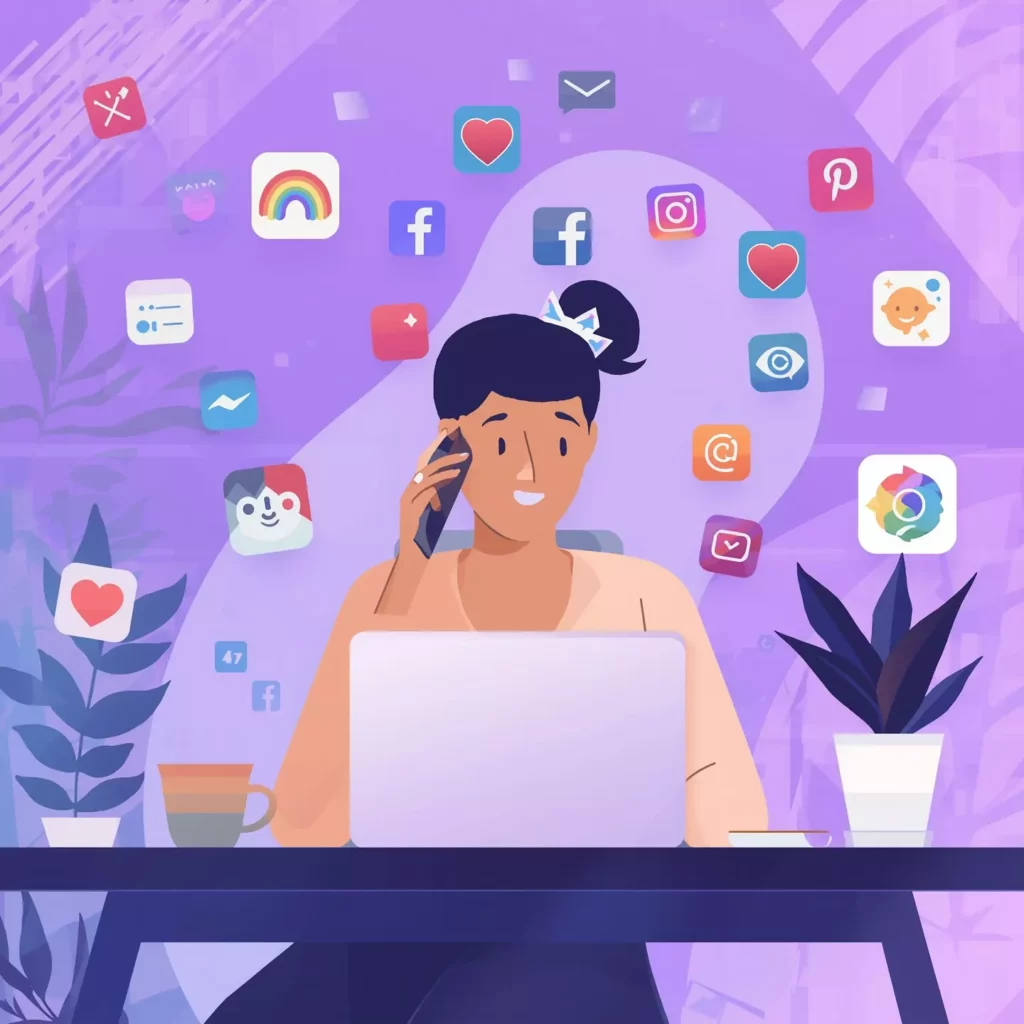
- Transgender Digital Hygiene: Protecting Identity, Deadnaming, and Healing Through Archives
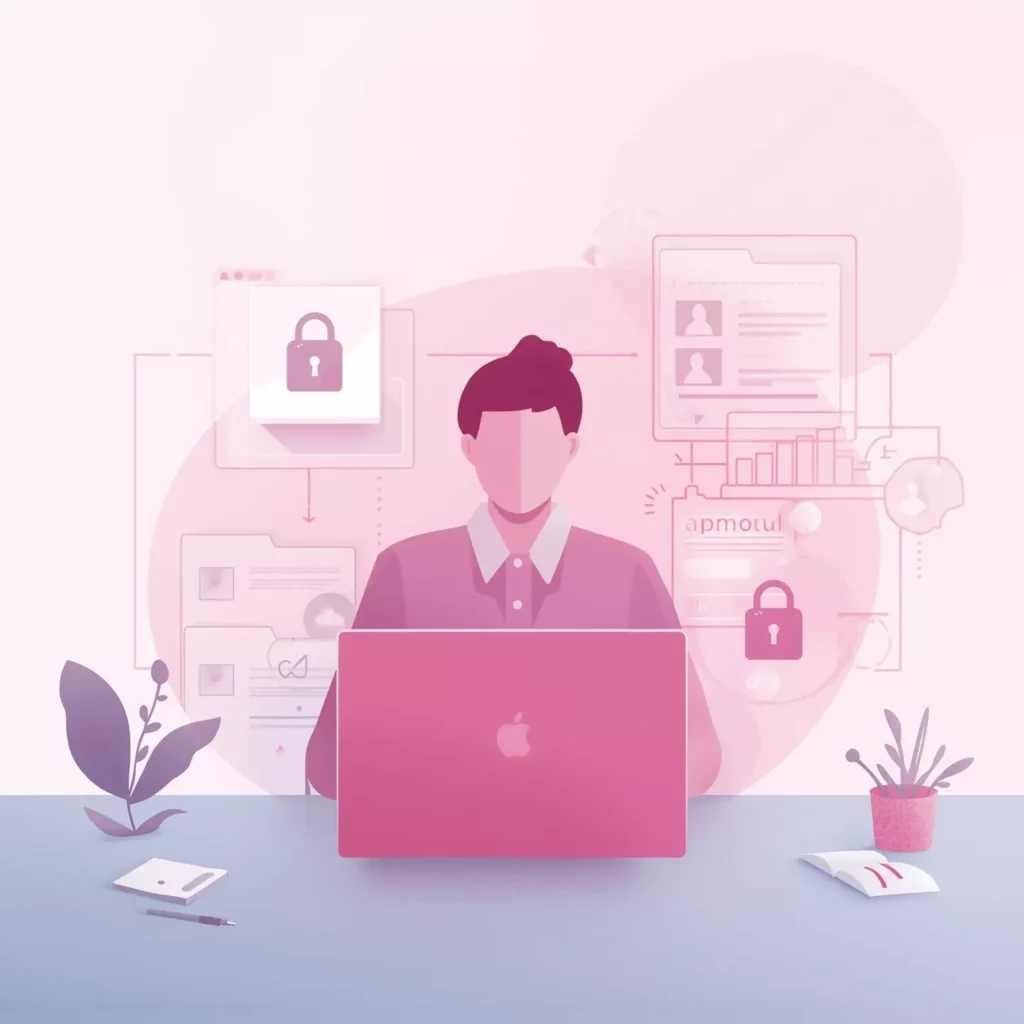
- Lesbian Women & Digital Hygiene: How to Avoid Echo Chambers on Instagram & TikTok
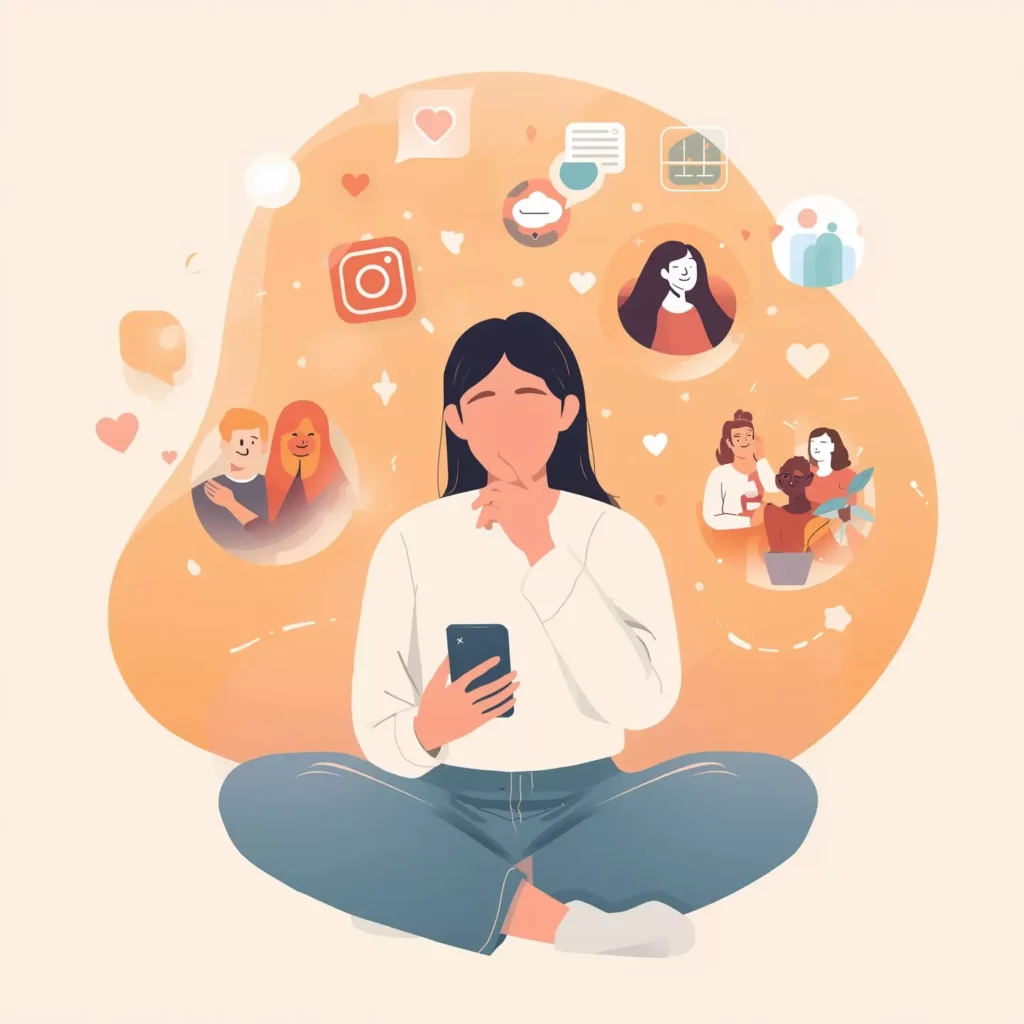
- Gay Men & No Contact: The Best Dating App Strategy to Heal Fast
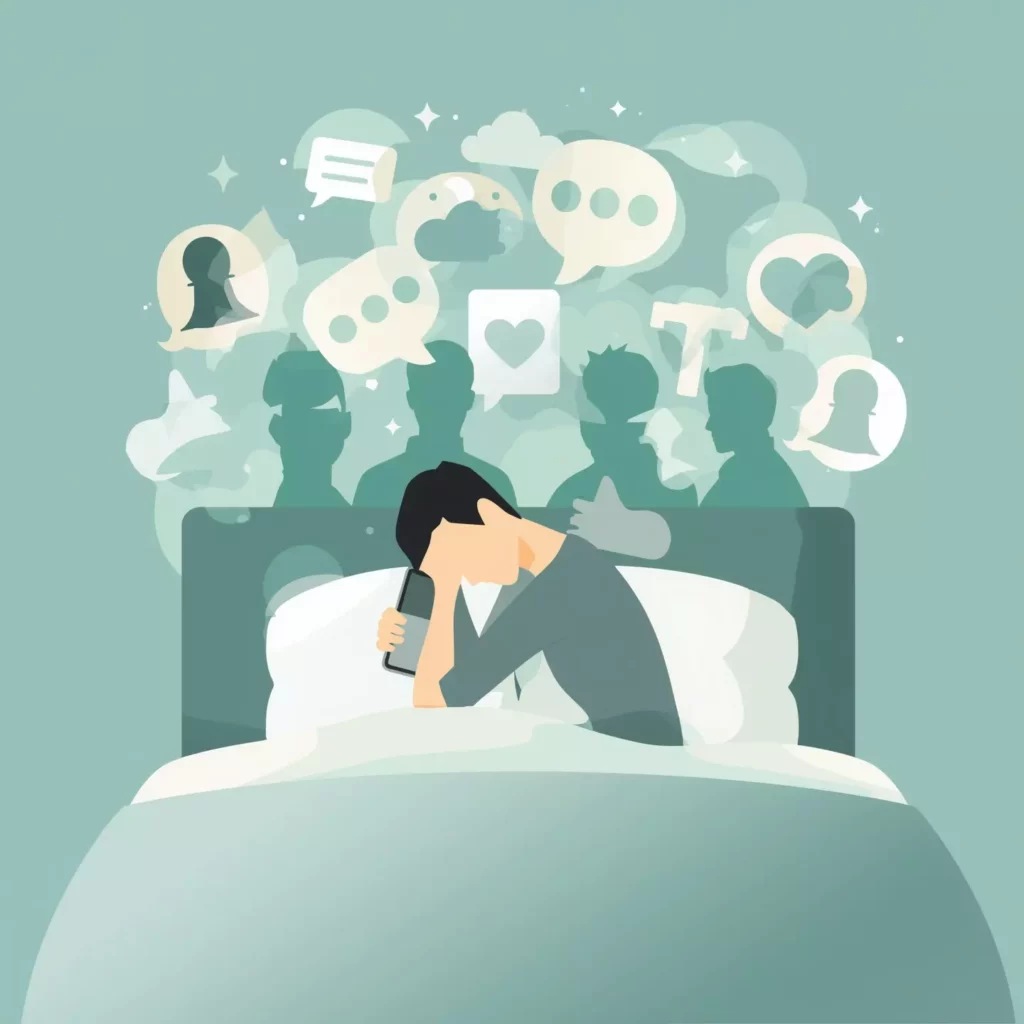
- Women & Digital Hygiene After a Breakup: Powerful Week One Algorithm Rewiring
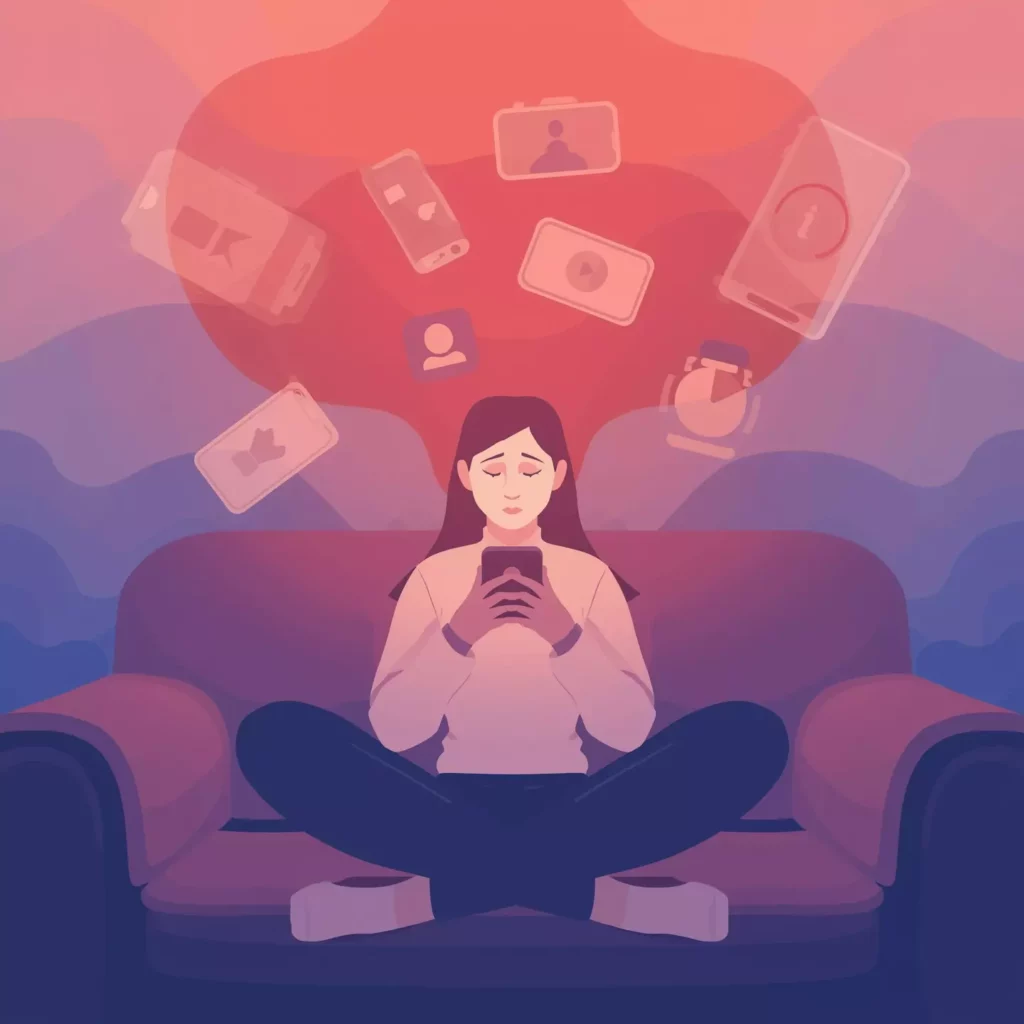
- Phone Detox for Men: Powerful Focus Modes & Friction Hacks to Heal Faster
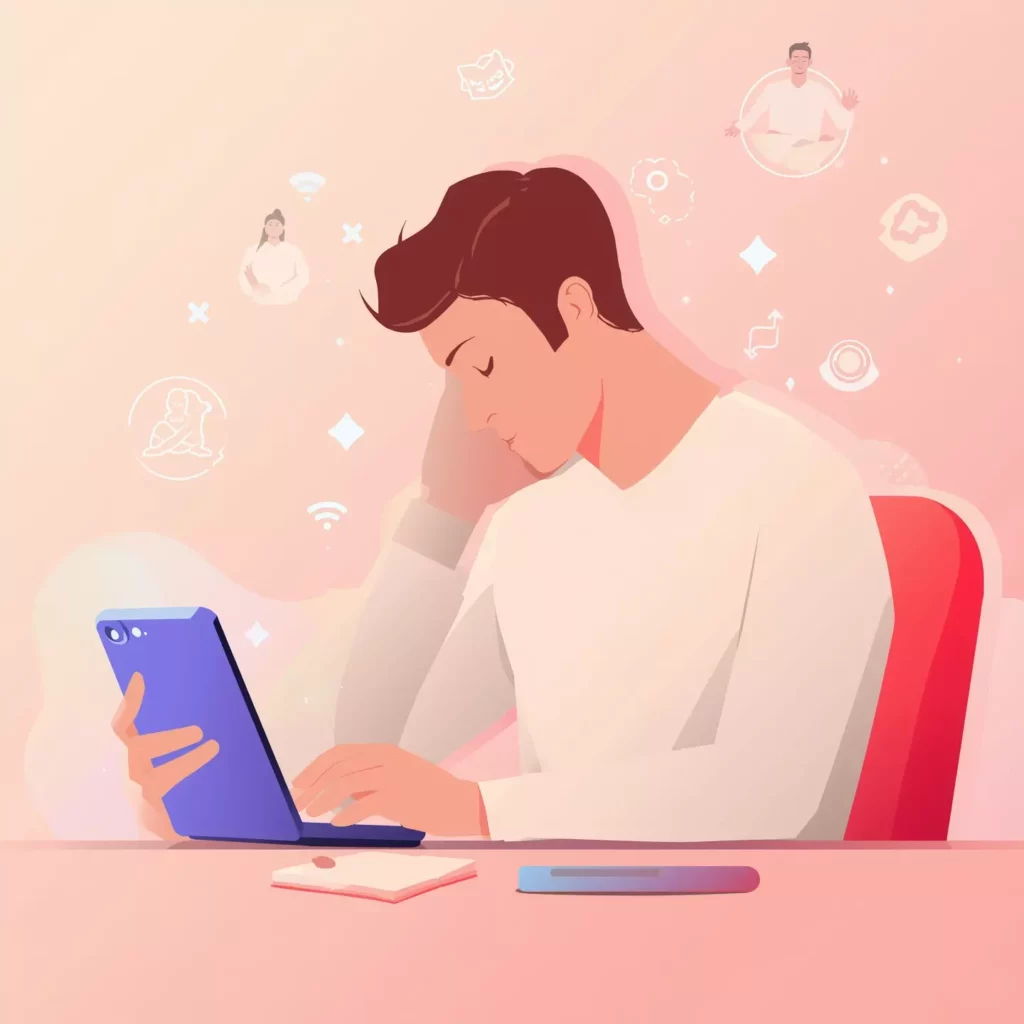
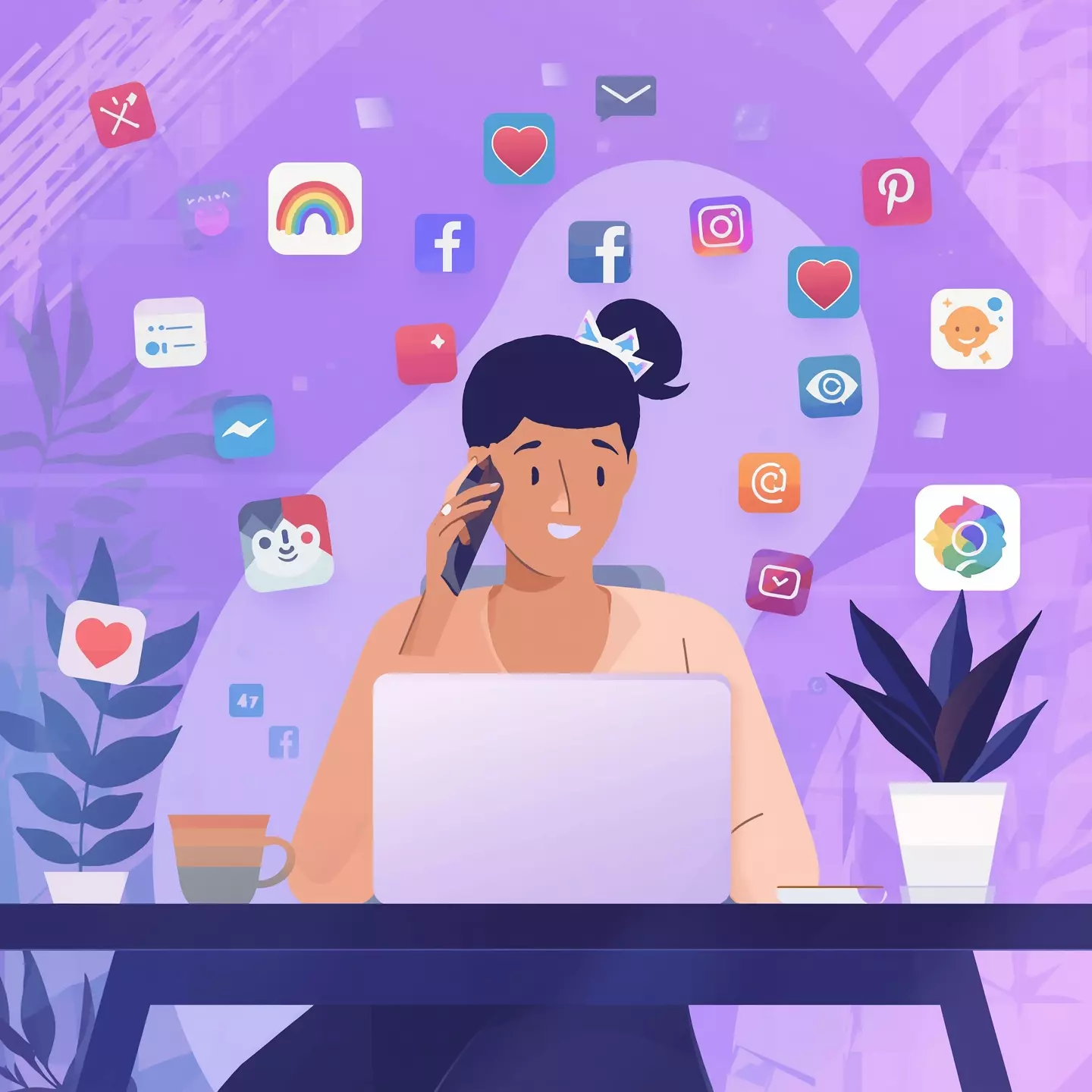
Leave a Reply